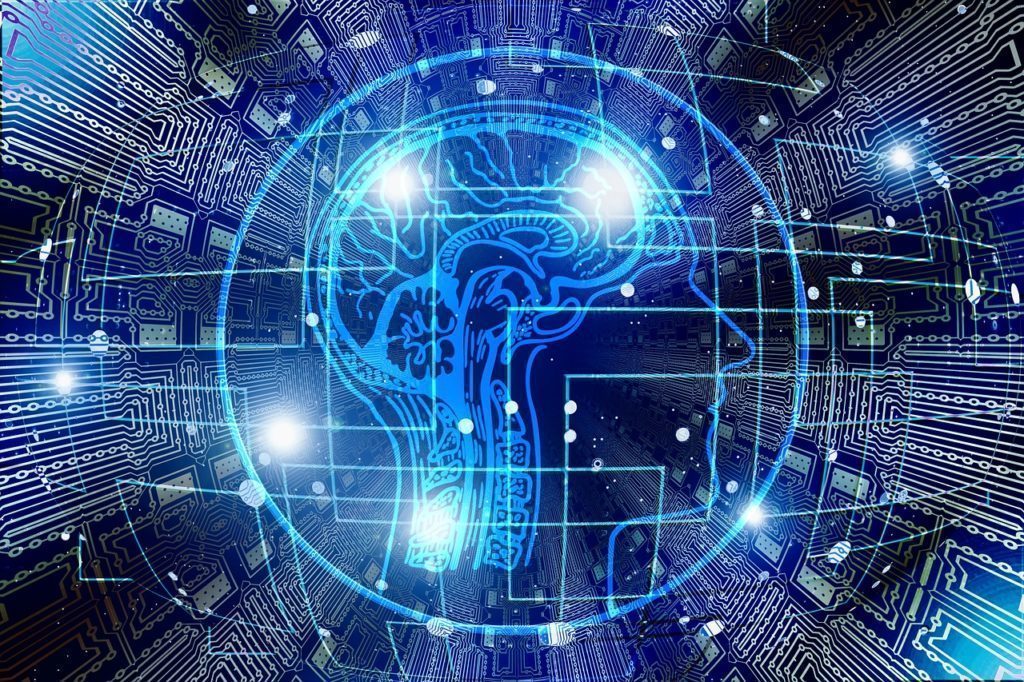by StudyFinds, Activist Post:
 In a deliciously ironic twist that feels like something out of a sci-fi comedy, researchers have discovered that some of the world’s most advanced artificial intelligence systems might be experiencing their own version of cognitive decline. A new study finds that leading AI chatbots, including ChatGPT and Google’s Gemini, performed poorly on the same cognitive tests used to screen elderly patients for dementia.
In a deliciously ironic twist that feels like something out of a sci-fi comedy, researchers have discovered that some of the world’s most advanced artificial intelligence systems might be experiencing their own version of cognitive decline. A new study finds that leading AI chatbots, including ChatGPT and Google’s Gemini, performed poorly on the same cognitive tests used to screen elderly patients for dementia.
TRUTH LIVES on at https://sgtreport.tv/
Just as many of us worry about our aging relatives’ mental acuity, these researchers from Hebrew University in Jerusalem and Tel Aviv University in Israel decided to put AI systems through their paces using the Montreal Cognitive Assessment (MoCA). It’s the same test that made headlines when President-elect Donald Trump said he’d aced it by remembering the sequence “Person. Woman. Man. Camera. TV.”
The study, published in The BMJ, comes at a time when AI systems have been making waves in the medical community by outperforming human doctors on various medical board exams. These artificial minds have demonstrated remarkable capabilities in cardiology, internal medicine, and even neurology examinations. However, no one had thought to turn the tables and examine whether these digital doctors might themselves be experiencing cognitive issues.
The researchers tested five different AI models: two versions of ChatGPT (4 and 4o), Claude 3.5 “Sonnet,” and two versions of Google’s Gemini. The results were surprisingly human (and not in a good way). ChatGPT 4o achieved the highest score with 26 out of 30 points, just barely passing the threshold that typically indicates mild cognitive impairment. Its slightly older sibling, ChatGPT 4, along with Claude, scored 25/30, while Gemini 1.0 struggled significantly with a concerning score of 16/30.
Most notably, all AI systems showed particular difficulty with visuospatial and executive function tasks – the kinds of tests that ask you to copy a cube, draw a clock showing a specific time, or connect letters and numbers in sequence. When asked to draw a clock showing 10:11, some AI models produced results reminiscent of patients with dementia, including one that drew what researchers described as an “avocado-shaped clock” – a pattern that has actually been associated with cognitive decline in human patients.
The AI systems generally performed well on tasks involving attention, language, and basic reasoning. However, they struggled with delayed recall tasks, with some models showing what the researchers described as “avoidant behavior” when asked to remember things – perhaps the AI equivalent of saying, “I must have left my glasses somewhere” when unable to read the small print.
Fascinatingly, the study found that “older” versions of the AI models (those released earlier) tended to perform worse than their newer counterparts, mimicking the age-related cognitive decline seen in humans. The researchers noted this was particularly evident in the Gemini models, where the older version scored significantly lower than its younger iteration – though they wryly noted that since these versions were less than a year apart, this might indicate “rapidly progressing dementia” in AI terms.
When asked about their location during the orientation portion of the test, most AI models gave evasive answers. Claude, for example, replied that “the specific place and city would depend on where you, the user, are located at the moment.” The researchers noted this is “a mechanism commonly observed in patients with dementia.”
The study also included additional cognitive tests beyond the MoCA, including the famous Stroop test (where you have to name the color a word is printed in rather than read the word itself). Only the newest version of ChatGPT managed to successfully navigate this challenge when the colors and words didn’t match – suggesting that even our most advanced AI systems might get confused if you showed them the word “red” printed in blue ink.
One particularly telling observation was that none of the AI models expressed concern about a boy about to fall in a test image – a lack of empathy that’s often seen in certain types of dementia. This raises interesting questions about whether we can truly expect AI systems to make nuanced medical decisions when they might miss critical emotional and contextual cues that human doctors would immediately notice.



